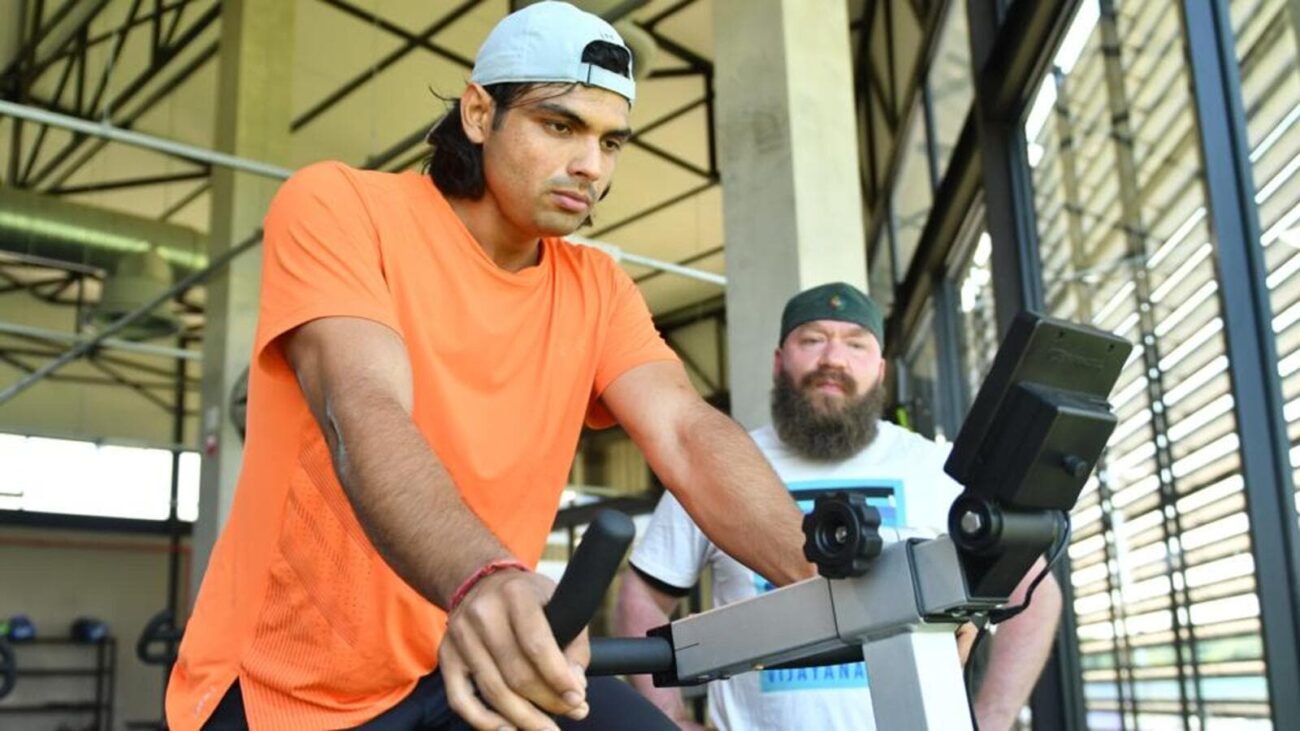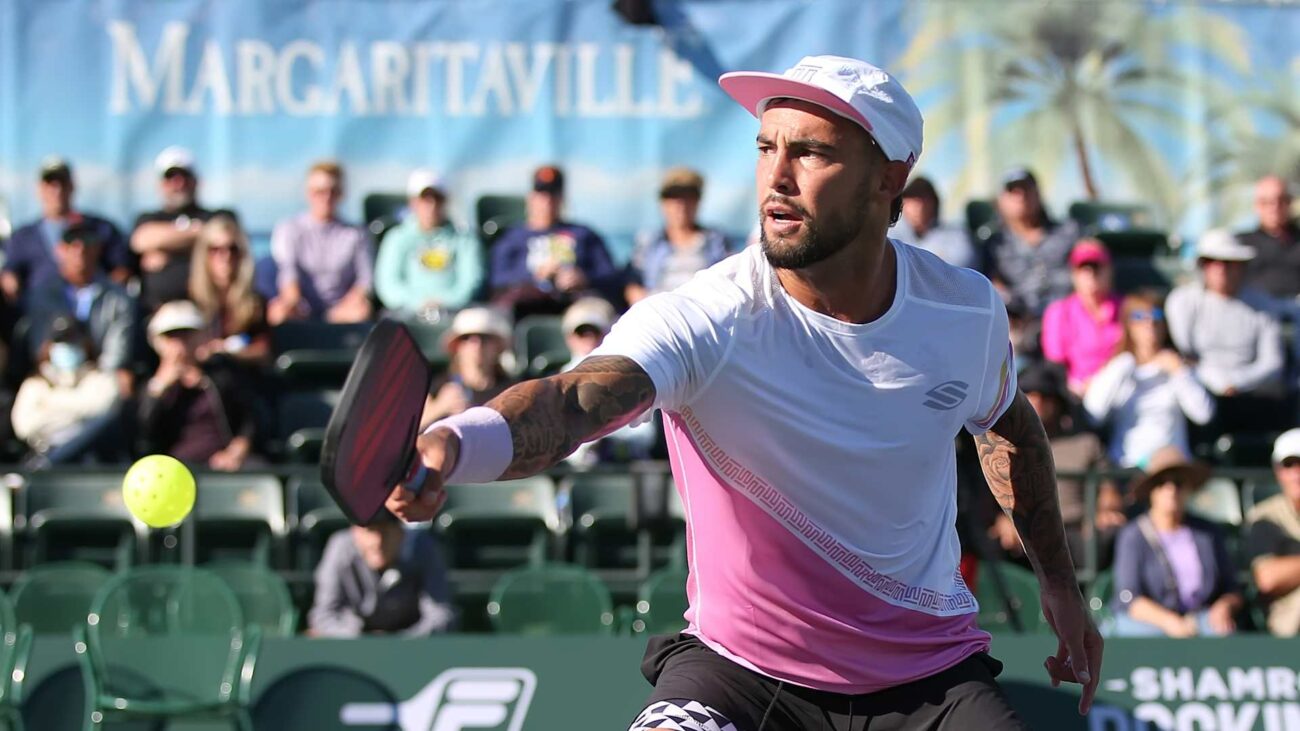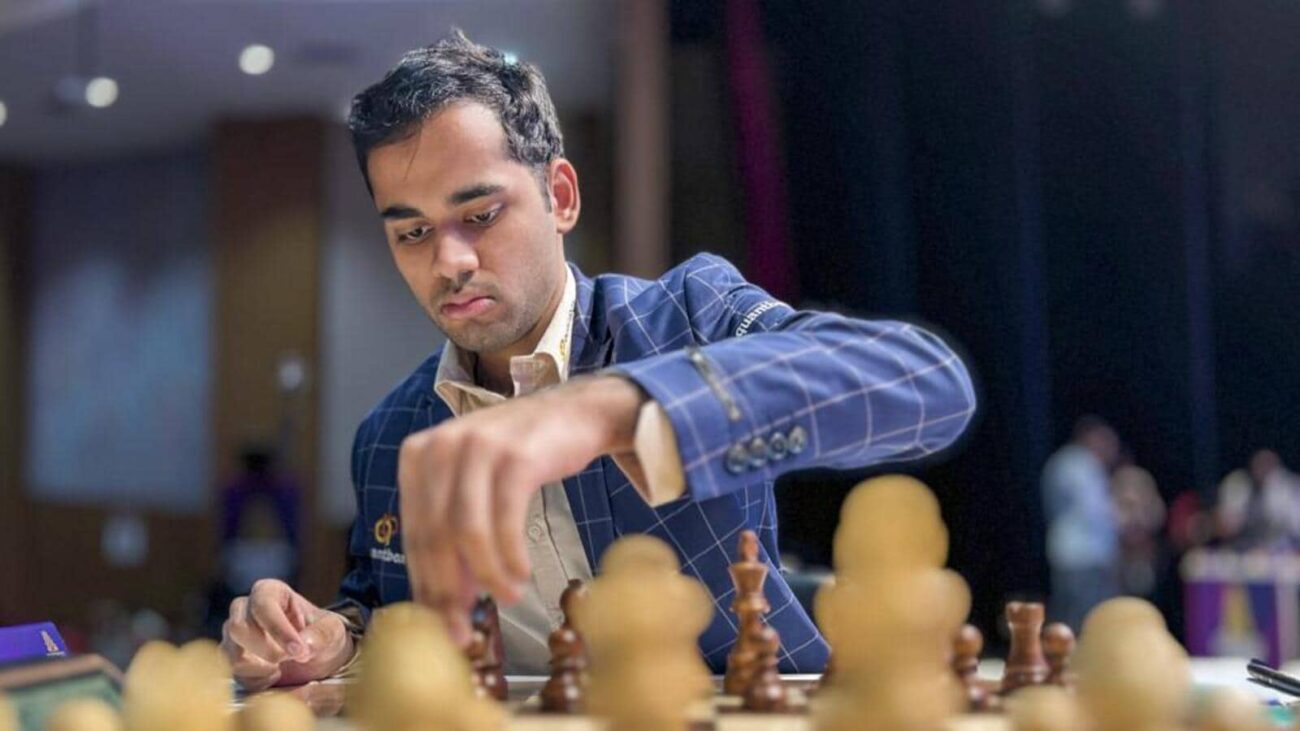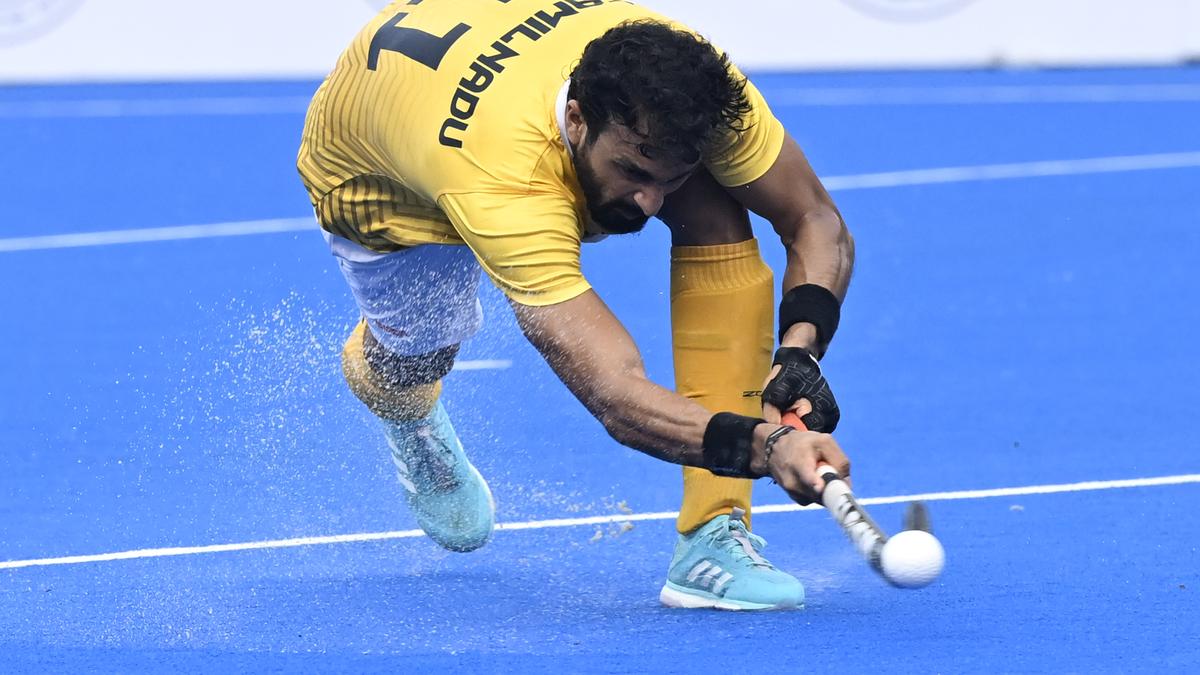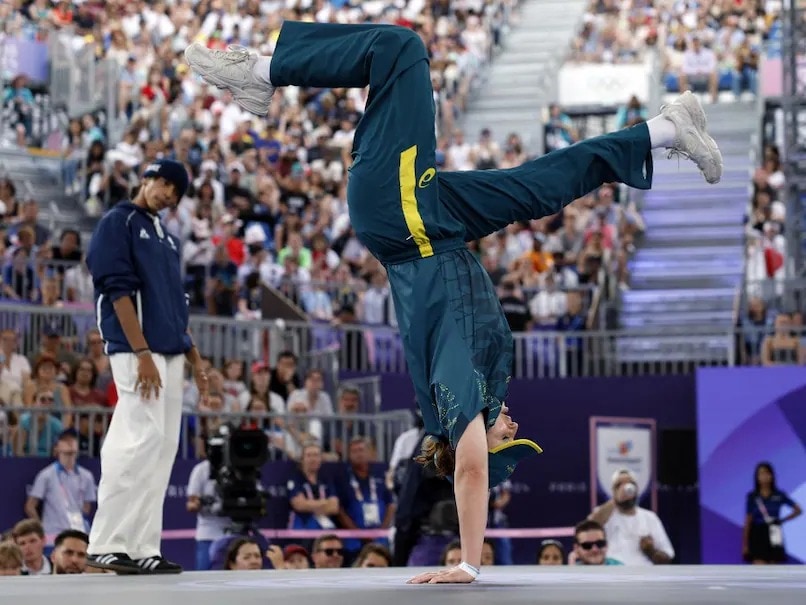Sports Science: The Game-Changer in Modern Athletics
In the relentless pursuit of athletic excellence, sports science has emerged as an indispensable tool, transforming the way athletes train, recover, and perform. From heart rate monitors to 3D modeling, cutting-edge technologies are providing unprecedented insights into the human body, enabling athletes to optimize their performance and push the boundaries of human potential.
Indian athletes are embracing this scientific revolution, with weightlifter Mirabai Chanu using bio feedback to tailor her training intensity. Table tennis legend Sharath Kamal has relied on heart rate monitoring for decades, customizing his regimen to the latest advancements in sports science. At the Inspire Institute of Sports, javelin champion Neeraj Chopra is working tirelessly to increase his strength by 10-15%, using data-driven analysis to fine-tune his technique.
In table tennis and archery, robots are sparring with the world’s best, providing real-time feedback and helping athletes refine their skills. Stable jackets in shooting ranges enhance rifle scores, while experts simulate match tension to prepare athletes for the pressure of competition.
Data sets, analyzed by a combination of human and machine intelligence, form the core of modern athletic preparation. Parameters like VO2 max, lactates, and electrolyte balance are readily available, enabling athletes to train with precision and avoid overexertion.
The US swim team is taking sports science to new heights with Professor Ken Ono, who uses mathematics to create 3D models of athletes and suggest performance-enhancing adjustments. Artificial Intelligence and Virtual Reality are poised to revolutionize sports further, providing immersive training experiences and pattern recognition tools.
While India is still catching up with the latest technologies, sports science is gaining traction. Former strength and conditioning coach Ramji Srinivasan emphasizes the need for “Indianizing” training plans to account for body type and genetics. Samuel Pullinger, head of sports science at IIS, stresses the importance of data collection and regular assessments to track athlete progress.
Integrating sports science into Long Term Athlete Development Plans is crucial, according to Srinivasan. Athletes need to be comfortable with technology and understand its benefits. Resistance to data sharing and skepticism about new methods can hinder progress, as seen in the case of some Indian shooters.

